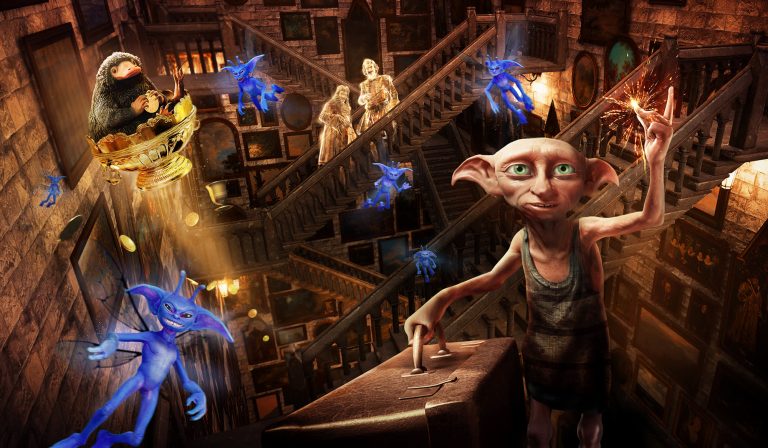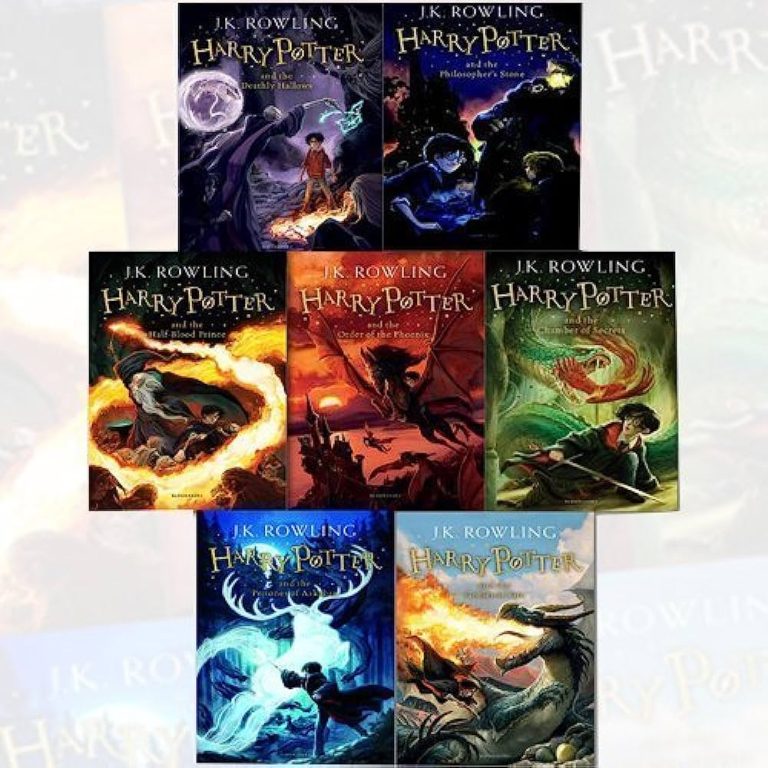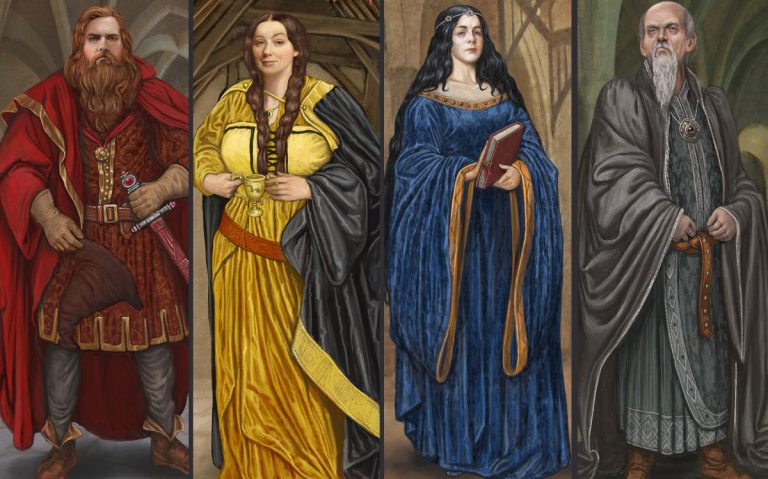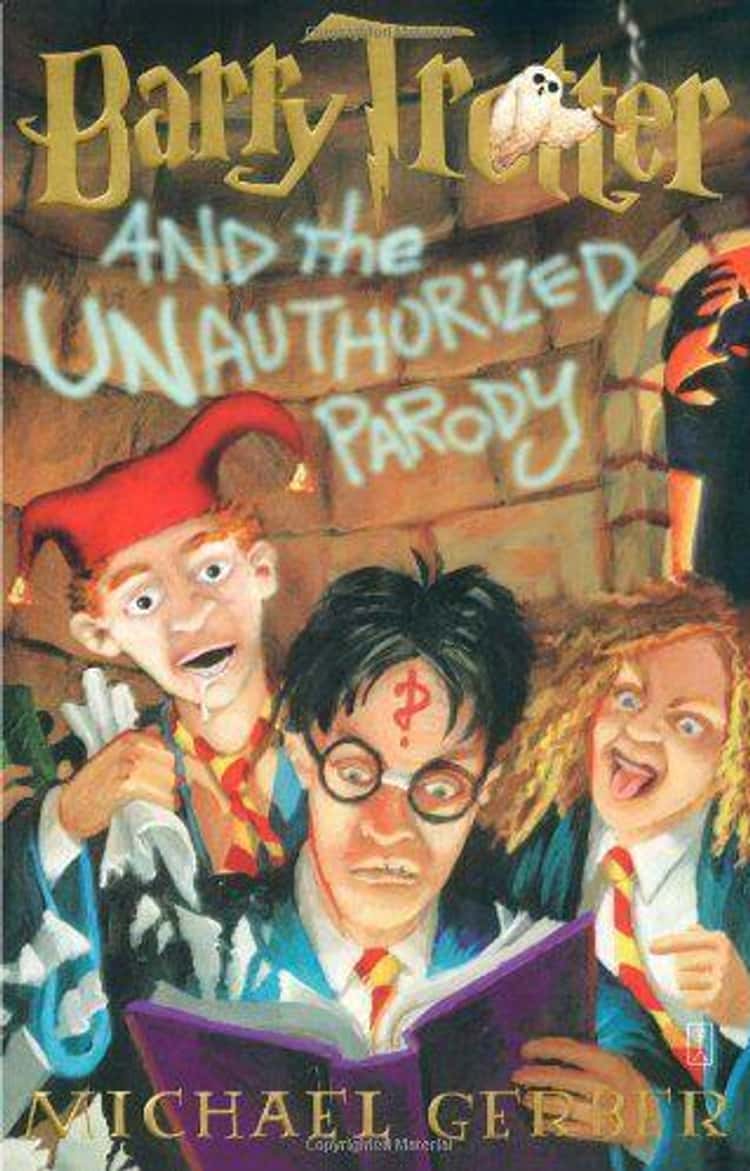The Harry Potter Books And Their Impact On Children’s Literature
Step into the enchanting world of Harry Potter, where magic and adventure come to life on every page. The Harry Potter books have captivated the hearts and imaginations of millions of readers around the globe. But their impact goes far beyond the realm of fantasy. In this article, we will delve into the profound influence that the Harry Potter books have had on children’s literature, shaping the way stories are told and inspiring a new generation of readers.
From the moment J.K. Rowling introduced us to the boy who lived, the Harry Potter series has become a cultural phenomenon. These books have not only entertained readers of all ages but have also revolutionized the landscape of children’s literature. With their intricate plotlines, richly developed characters, and themes of friendship, bravery, and the power of love, the Harry Potter books have set a new standard for storytelling. They have sparked a renewed interest in reading among young people, igniting their imagination and instilling a lifelong love for books.
In the next section, we will explore the various ways in which the Harry Potter books have impacted children’s literature, from the rise of magical realism to the emergence of strong and complex protagonists. Join us on this magical journey as we uncover the lasting legacy of the Harry Potter series and its profound influence on the world of children’s literature.
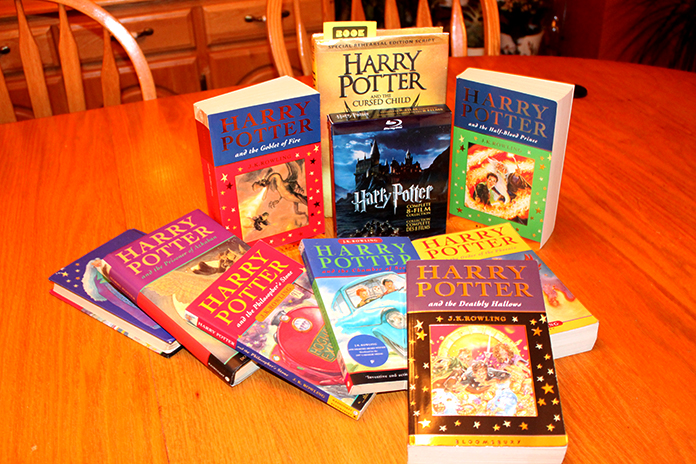
The Harry Potter Books and Their Impact on Children’s Literature
The Harry Potter book series, written by J.K. Rowling, has had a profound impact on children’s literature since its release in 1997. With its captivating storytelling, relatable characters, and imaginative world-building, the books have captured the hearts of millions of readers around the world. In this article, we will explore the lasting impact of the Harry Potter books on children’s literature and why they continue to be beloved by readers of all ages.
The Magic of Harry Potter
The Harry Potter books transport readers to a world of magic and adventure, where they can immerse themselves in the lives of Harry, Ron, and Hermione. Rowling’s vivid descriptions and attention to detail bring Hogwarts School of Witchcraft and Wizardry to life, making it feel like a place readers can truly visit. The magical elements in the story, such as spells, potions, and mythical creatures, ignite the imagination of young readers and encourage them to dream and believe in the impossible.
The themes of friendship, bravery, and the power of love resonate deeply with readers of all ages. Through the trials and tribulations faced by the characters, readers learn valuable life lessons about loyalty, perseverance, and the importance of standing up for what is right. The Harry Potter books teach children the value of empathy and understanding, as they witness the struggles and triumphs of characters from different backgrounds and with diverse experiences.
The Rise of Harry Potter
When the first Harry Potter book, “Harry Potter and the Philosopher’s Stone,” was published, it quickly gained popularity among young readers. The Harry Potter series became a phenomenon, with each subsequent book eagerly anticipated by fans around the world. The books not only captivated children but also adults, who found themselves drawn into the magical world Rowling had created.
The success of the Harry Potter books led to a resurgence in children’s literature. Publishers began actively seeking out and promoting books in the fantasy genre, hoping to find the next big hit. The popularity of the series also sparked a renewed interest in reading among children, as they eagerly devoured each new installment. Rowling’s books showed young readers the joy and excitement that could be found within the pages of a book, inspiring many to become lifelong readers.
The impact of the Harry Potter books extended beyond the literary world. The series spawned a successful film franchise, theme parks, merchandise, and a passionate fan community. The books became a cultural phenomenon, with Harry Potter-themed events and celebrations taking place around the world. The characters and stories created by Rowling have become a part of popular culture, with references to Harry Potter appearing in movies, TV shows, and even political speeches.
Expanding the Horizons of Children’s Literature
One of the most significant contributions of the Harry Potter books to children’s literature is their ability to transcend age boundaries. While initially targeted at young readers, the series gained a substantial adult following. This crossover appeal opened doors for authors to explore complex themes and narratives in children’s literature, challenging the notion that books for young readers had to be simplistic or lacking in depth.
The Harry Potter books also paved the way for increased diversity in children’s literature. Rowling’s inclusion of characters from various backgrounds and cultures highlighted the importance of representation in books for young readers. The series introduced readers to characters like Hermione Granger, a strong and intelligent female protagonist, and Neville Longbottom, who defied expectations and grew into a brave and courageous hero. These diverse and relatable characters showed readers that anyone could be a hero, regardless of their background or abilities.
Furthermore, the Harry Potter books encouraged readers to engage with complex moral and ethical questions. The characters in the series often face difficult choices and navigate moral gray areas, forcing readers to consider the consequences of their actions. Through these narrative arcs, Rowling encourages readers to think critically and develop their own sense of right and wrong.
The Enduring Legacy of Harry Potter
Even years after the release of the final book in the series, the impact of Harry Potter on children’s literature remains evident. The books continue to be bestsellers, with new generations of readers discovering the magic of Hogwarts. The Harry Potter series has inspired countless authors to create their own magical worlds and has shaped the expectations of readers when it comes to immersive storytelling.
The influence of Harry Potter can also be seen in the rise of book-to-film adaptations, as publishers and filmmakers recognize the potential of beloved children’s books to capture the imaginations of audiences on the big screen. The success of the Harry Potter movies paved the way for other popular book series, such as “The Hunger Games” and “Divergent,” to be adapted into successful film franchises.
In conclusion, the Harry Potter books have had a lasting impact on children’s literature. Through its enchanting storytelling, relatable characters, and thought-provoking themes, the series has ignited the imaginations of readers and encouraged a love of reading. The Harry Potter books have expanded the possibilities of children’s literature, showcasing the power of storytelling to transcend age boundaries and tackle complex topics. As we continue to celebrate the magic of Harry Potter, we can only imagine the future impact this beloved series will have on generations of readers to come.
The Impact of the Harry Potter Books on Children’s Literature
- The Harry Potter books have ignited a love for reading in countless children around the world.
- These books have introduced young readers to the magical world of fantasy and adventure.
- Harry Potter has become a cultural phenomenon, inspiring a generation of readers and writers.
- The themes of friendship, courage, and loyalty in the books have resonated with readers of all ages.
- The success of the Harry Potter series has paved the way for other popular children’s book series.
Frequently Asked Questions
What makes the Harry Potter books so popular among children?
The Harry Potter books have captivated the hearts and minds of children all over the world. One of the reasons for their immense popularity is the magical world created by author J.K. Rowling. From the enchanting Hogwarts School of Witchcraft and Wizardry to the thrilling adventures of Harry, Ron, and Hermione, children are drawn into a world full of wonder and excitement.
Moreover, the relatable characters and their personal growth throughout the series resonate with young readers. Harry, in particular, is a relatable protagonist who faces challenges and overcomes them with courage and determination, inspiring children to believe in themselves and their abilities. The books also tackle universal themes such as friendship, loyalty, and the power of love, which further contribute to their appeal.
How have the Harry Potter books impacted children’s literature?
The impact of the Harry Potter books on children’s literature cannot be overstated. Before the series, fantasy novels for children were not as prevalent, and the genre was often considered niche. However, the success of the Harry Potter books paved the way for a resurgence in fantasy literature for young readers.
The popularity of the series also encouraged children to develop a love for reading. Many children who were previously reluctant readers found themselves engrossed in the magical world of Harry Potter, sparking their interest in books and storytelling. Additionally, the success of the series led to a boom in the publication of children’s fantasy books, providing a wider range of options for young readers to explore.
What are some of the key themes explored in the Harry Potter books?
The Harry Potter books delve into a variety of themes that resonate with both children and adults. One of the prominent themes is the power of friendship. The bond between Harry, Ron, and Hermione is a central aspect of the series, highlighting the importance of loyalty, support, and unity in facing challenges.
Another key theme is the battle between good and evil. Harry Potter and his friends are constantly pitted against the dark forces of Lord Voldemort, emphasizing the importance of standing up for what is right and fighting against injustice. The books also explore themes of love, sacrifice, identity, and the complexities of growing up.
How have the Harry Potter books influenced other works of children’s literature?
The impact of the Harry Potter books on children’s literature is undeniable. They have inspired numerous authors to write their own fantasy series for young readers, following in the footsteps of J.K. Rowling. These books often feature magical worlds, young heroes, and epic adventures, drawing inspiration from the success of the Harry Potter series.
Furthermore, the approach to storytelling in the Harry Potter books, with its intricate plotlines and richly developed characters, has become a benchmark for many children’s authors. The success of the series has shown that children are capable of engaging with complex narratives and has encouraged authors to push the boundaries of children’s literature.
How do the Harry Potter books encourage imagination and creativity in children?
The Harry Potter books ignite the imagination and creativity of children in several ways. Firstly, the vivid descriptions of magical creatures, spells, and locations in the books allow children to visualize the world of Harry Potter in their minds, stimulating their creativity and imaginative thinking.
Moreover, the books invite children to immerse themselves in a world of make-believe, where anything is possible. This encourages children to think outside the box, explore their own creativity, and develop their own stories and ideas. The Harry Potter series has even inspired young readers to create fan fiction, artwork, and other forms of creative expression related to the magical universe.

HARRY POTTER: How an unpublishable children’s book became a cultural phenomenon
Final Thought: The Harry Potter Books – A Magical Impact on Children’s Literature
The Harry Potter books have undeniably left a lasting impact on children’s literature, captivating readers of all ages with their magical storytelling. J.K. Rowling’s imaginative world of wizards, spells, and adventure has not only enchanted millions of readers but has also revolutionized the way children’s literature is perceived and consumed. From the moment Harry stepped into the Great Hall at Hogwarts, these books have taken us on a journey filled with friendship, bravery, and the power of imagination.
In terms of literary impact, the Harry Potter series has shattered records and sparked a newfound love for reading in children around the world. With over 500 million copies sold and translations into multiple languages, these books have become a global phenomenon. They have proven that children’s literature can be just as complex, thought-provoking, and emotionally resonant as adult literature, breaking the boundaries of age and genre. The themes of love, friendship, and the battle between good and evil resonate deeply with readers, teaching valuable life lessons along the way.
Moreover, the Harry Potter books have paved the way for a new era of children’s literature, inspiring countless authors to explore fantastical worlds and create memorable characters. They have encouraged young readers to embrace their imaginations and dive into the magic of storytelling. The impact of this series goes beyond the pages of the books themselves, extending to movies, merchandise, theme parks, and a passionate fan community that continues to grow.
In conclusion, the Harry Potter books have not only captivated readers with their enchanting storylines but have also made an indelible mark on children’s literature. They have shown that literature knows no age limits and can transport us to extraordinary places, teaching us valuable lessons along the way. The impact of these books will continue to be felt for generations to come, reminding us of the transformative power of storytelling. So, grab your wand and embark on a magical journey with Harry, Hermione, and Ron – the magic awaits!

